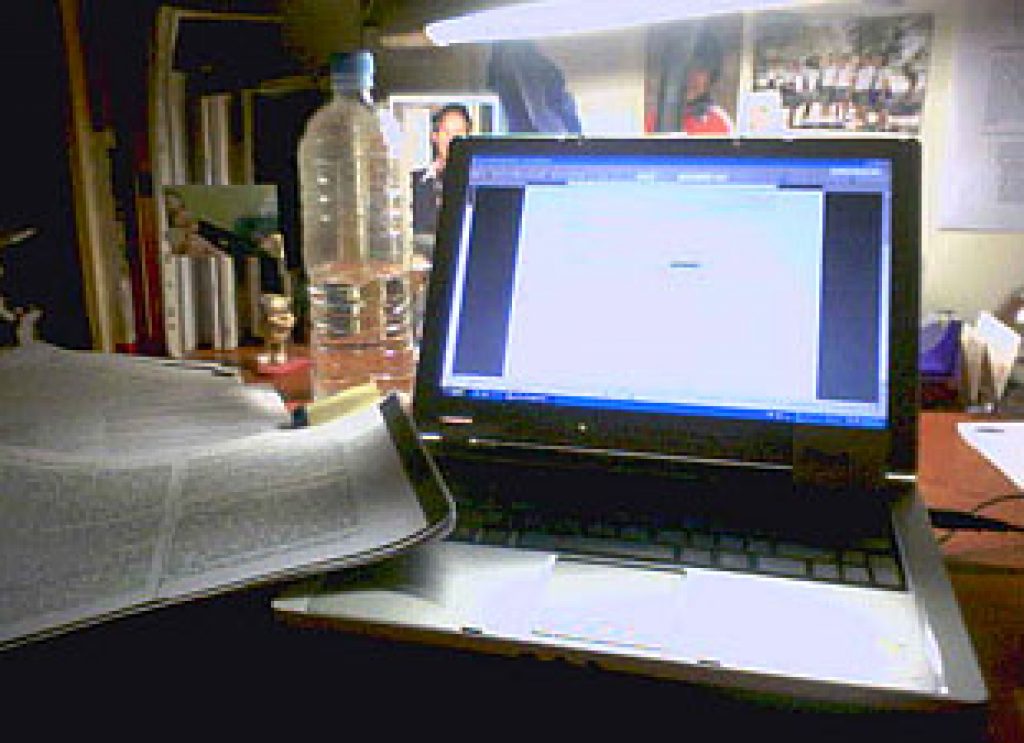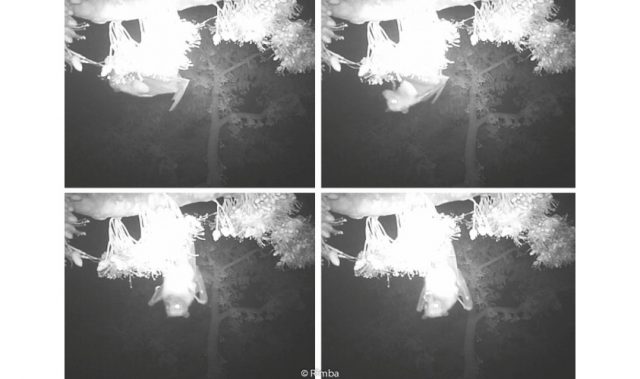
AsianScientist (Aug. 19, 2013) – A study of the work habits of conservation biologists suggests that Japanese, Chinese, and Indian scientists work the hardest — producing a substantial amount of work late at night and over weekends.
The editorial article, published in the journal Biological Conservation, was written by Dr Ahimsa Campos-Arceiz of The University of Nottingham Malaysia Campus (UNMC), Dr Richard Primack of Boston University and Dr Lian Pin Koh of Princeton University.
Curious about the differences in working habits of scientists in different countries, the researchers put to the test the commonly held belief that scientists are like laboratory rats, working long hours at night and on weekends, with little time left for family and other personal matters.
They analyzed data for 10,000 manuscript submissions and almost 15,000 reviews sent to Biological Conservation, and found that scientists do a substantial amount of their work late at night (16 percent of the manuscripts) and on weekends (11 percent of the manuscripts and 12 percent of the reviews); and that this work outside of normal hours has been increasing at about 5-6 percent per year.
Working habits varied greatly across the globe. Japanese, Chinese, and Indian researchers seemed to work hardest, submitting nearly 40 percent of their manuscripts outside regular office hours whereas scientists from Belgium, Norway, Finland, and South Africa submitted 16-17 percent of them outside regular office hours.
The countries that stood out in the study for being hard-working were Japanese and Mexican scientists working late at night and Chinese and Indian scientists working much more on weekends.
In contrast, Belgian and Norwegian scientists did not work much on weekends, and Finnish scientists did not work at night. American and British scientists had average work habits, working moderate amounts on weekends and evenings.
“The motivation for the study had clear personal roots,” explained Dr Campos-Arceiz, an Associate Professor at UNMC’s School of Geography. “I went to Bali to attend a friend’s wedding and found myself spending most of the short holiday reviewing manuscripts in front of the beach, instead of swimming or reading a novel. I realized that finding time to review manuscripts at work is really difficult and I personally do most of my manuscript reviews in my own time, mostly weekends and during holidays.”
Dr Primack said he was surprised by the study results, as he thought that American scientists were the hardest working scientists in the world.
“Until we saw the data, I did not appreciate how hard-working Chinese, Indian, and Japanese scientists were. Also, I thought that Americans were about the hardest working scientists in the world, but they are about average. In my own case, I am pretty much working all of the time, other than when I am occupied with family and friends or exercising.”
The authors consider that the continuous increase in workloads experienced in academic institutions — particularly with ever-increasing teaching and administration duties — has a potential negative impact on the quality of the scientific work and, at the same time, on the scientists’ life-work balance, which often results in neglecting family, friends, physical exercise, or just resting time.
The article can be found at: Campos-Arceiz A et al. (2013) Are conservation biologists working too hard?
——
Source: University of Nottingham; Photo: jason ilagan/Flickr/CC.
Disclaimer: This article does not necessarily reflect the views of AsianScientist or its staff.












